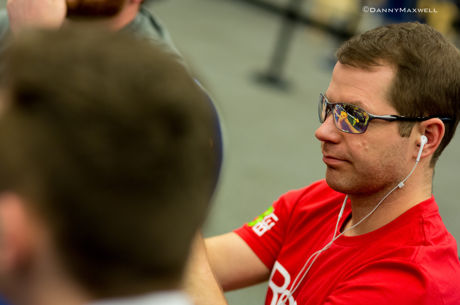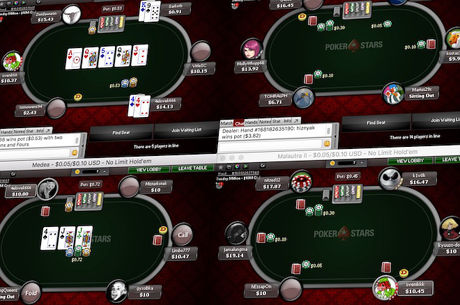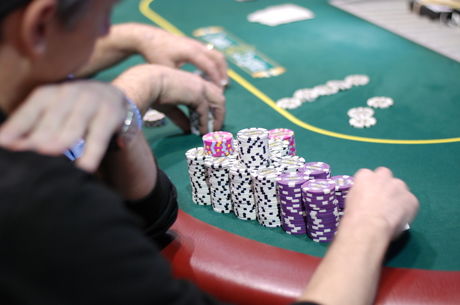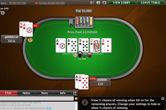Defending the Big Blind Widely Versus a Small Blind Raise
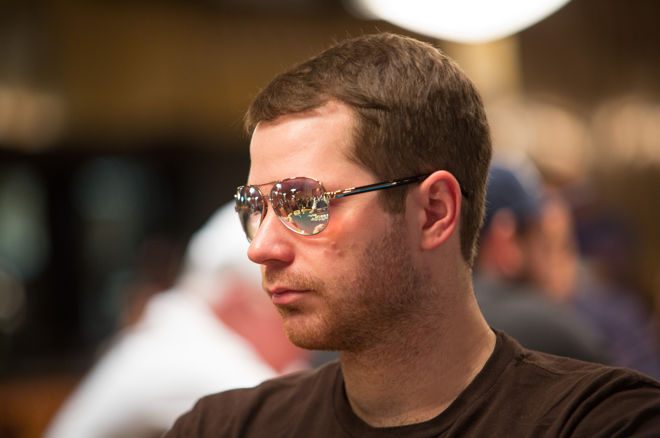
This week's hand comes from a $2,000 no-limit hold'em turbo tournament I recently played. It brings up the issue of blind defense, in this case presenting an example of me defending my big blind versus a small blind raise even though I was dealt a weak starting hand.
In fact, after the hand the player said my call of his raise was "disrespectful" �� I defended and offended!
The blinds were 1,500/3,000 with a 400 ante. It folded around to a tight-aggressive player in the small blind who minimum-raised to 6,000. He had about 78,000 to start the hand while I had about 66,000.
In the big blind, I looked down at 7?3?. That's obviously a bad starting hand, but as I talk about in the video below I still had to think about the pot odds being offered (quite good) and the range of hands with which this particular TAG opponent would be raising.
Recognizing that pot odds meant I only needed to win the hand about 20 percent of the time (and considering his range), I called. The flop then came Q?6?3? giving me bottom pair, and my opponent checked. With position and the chance to take the initiative, I chose to bet both for value and protection. Take a look at what happened from there:
Especially when playing against competent players, when you are in the big blind facing a small blind raise, it is important that you do not fold too often when getting excellent pot odds.
Blind defense is one of the most overlooked concepts that you must master if you want to succeed at poker. By playing a strong strategy from the big blind, you will make it difficult for your opponents to play their entire range.
Jonathan Little is a professional poker player and author with over $6,300,000 in live tournament earnings. He writes a weekly educational blog and hosts a podcast at JonathanLittlePoker.com. You can follow him on Twitter @JonathanLittle.

